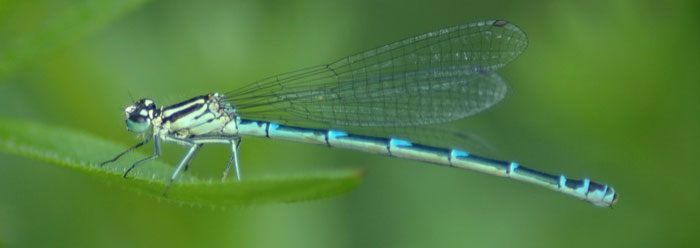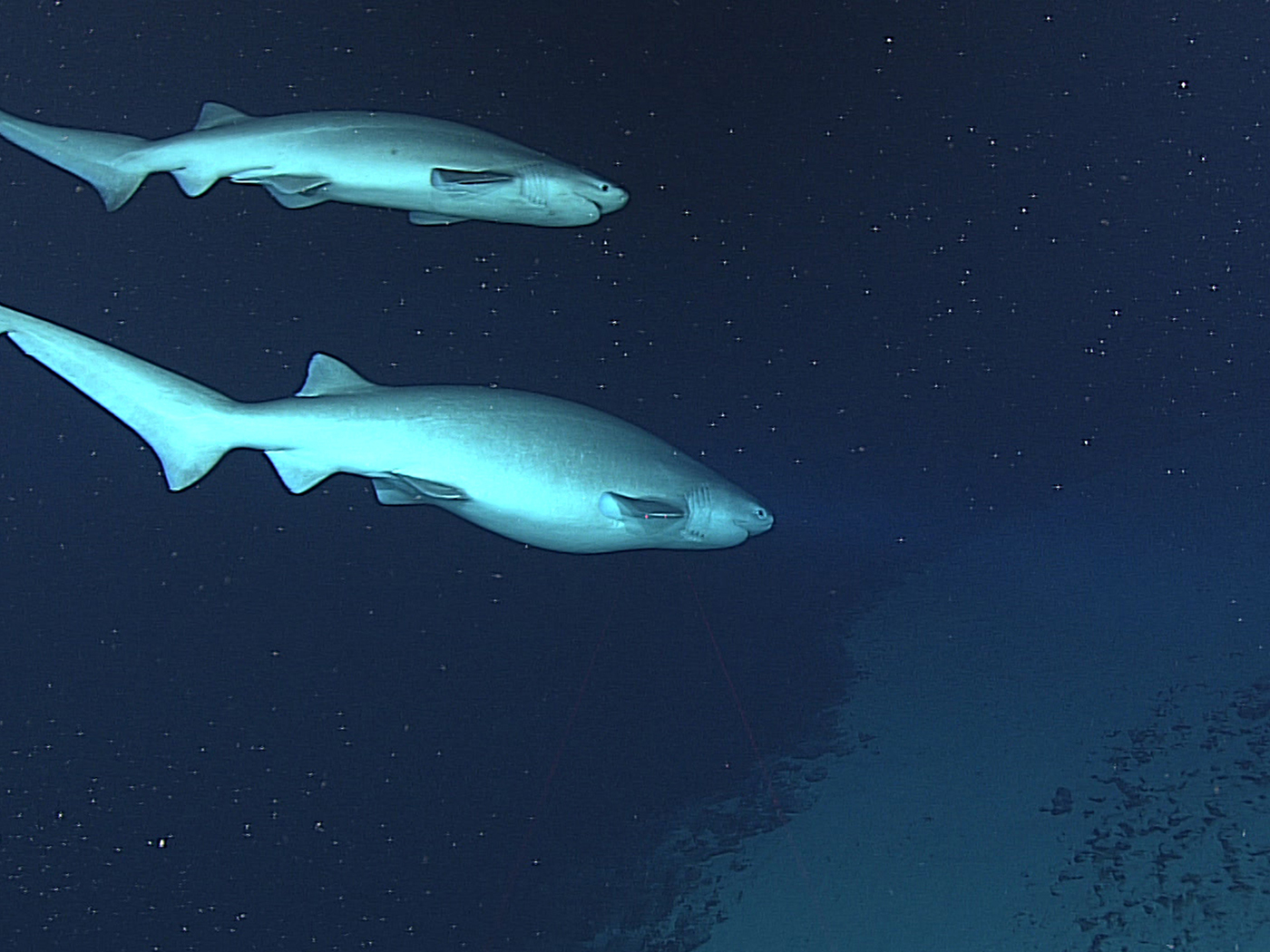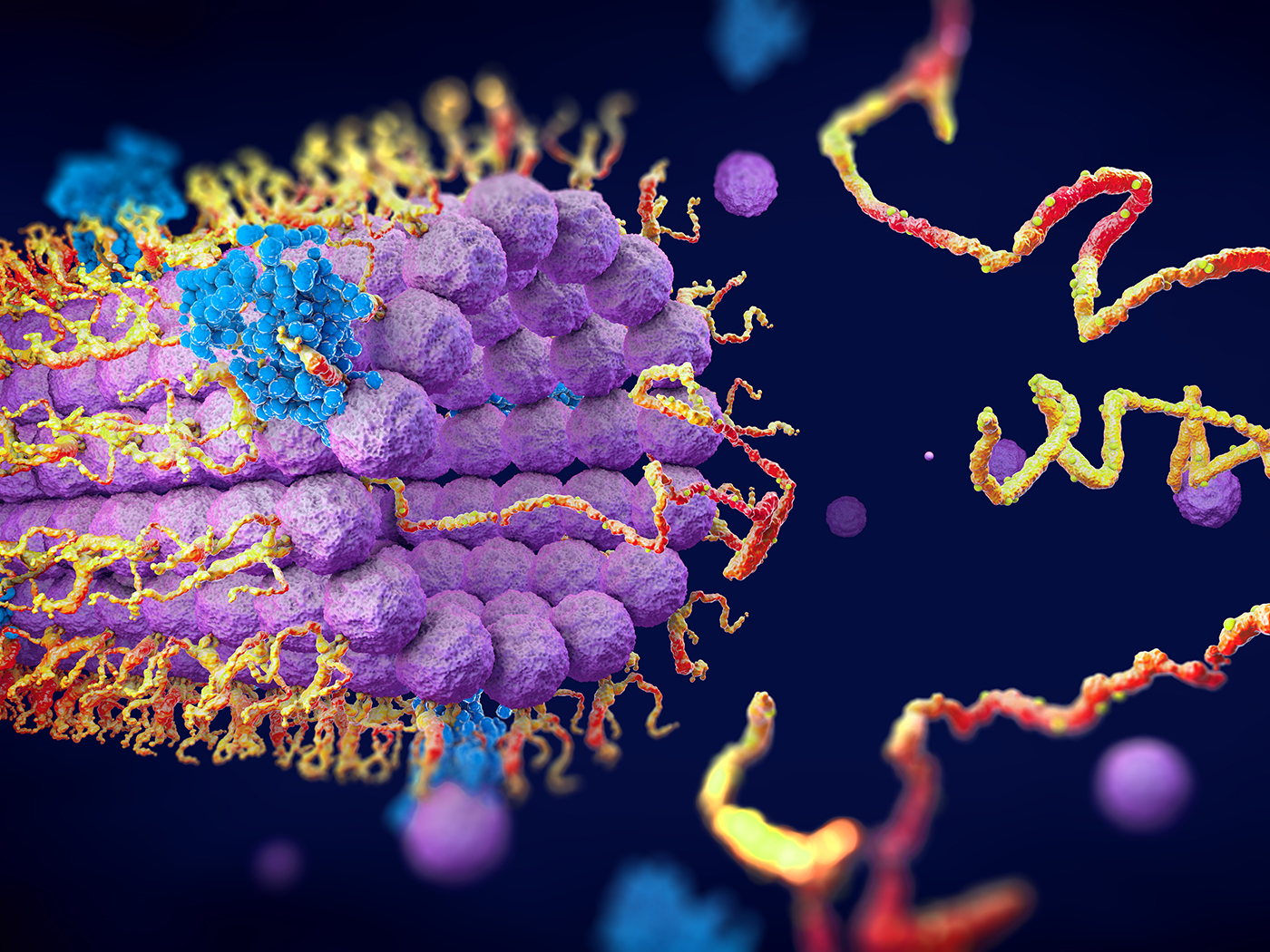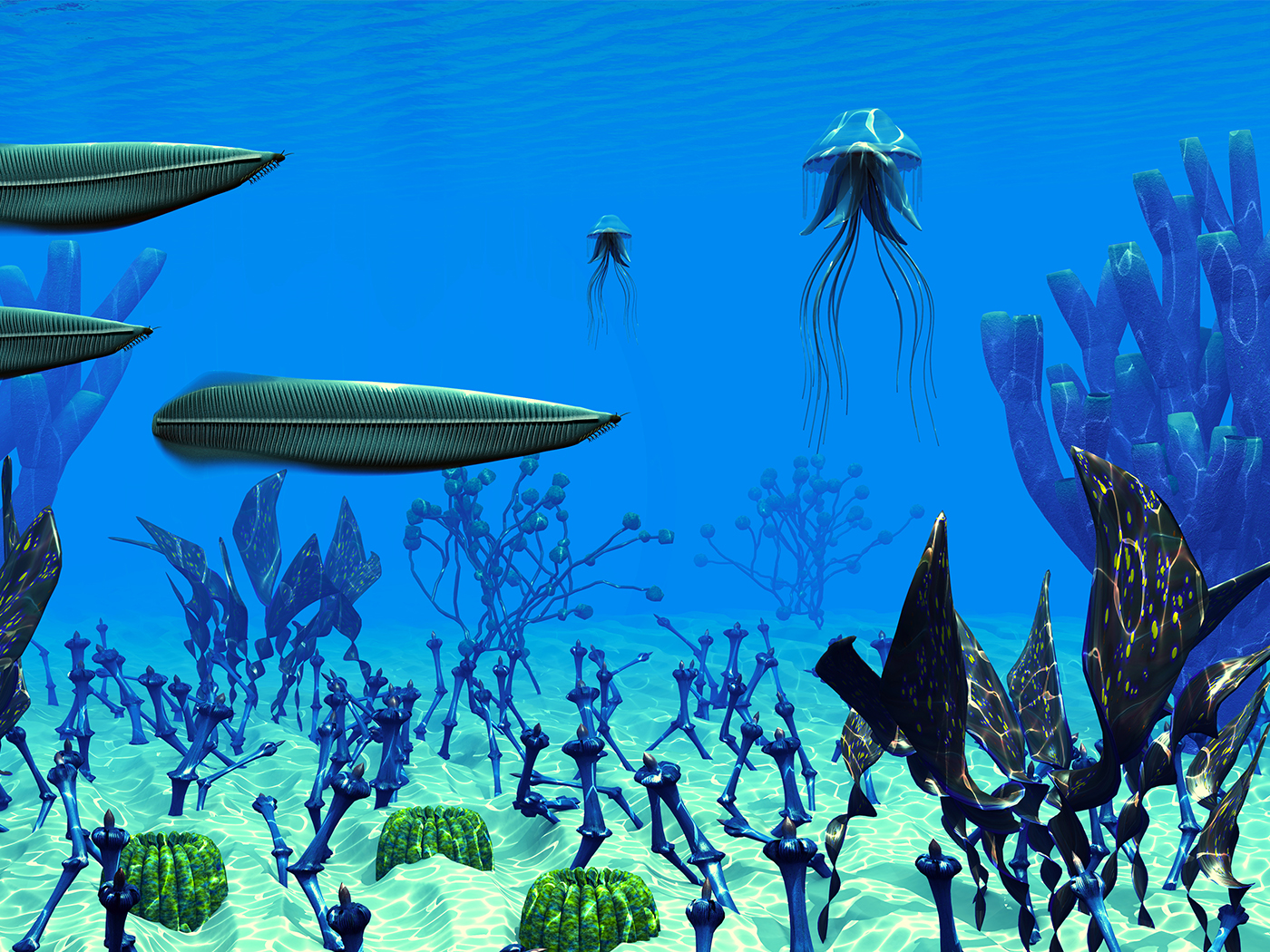Horsetail plants inhabit the margins of ponds, where they take root below the water's surface and grow out into the air. Where did these unique plants come from? Evolutionists assert that they evolved through natural processes from a different plant…a non-horsetail that over many generations changed form until it eventually became a horsetail. A new study provides evidence, however, that horsetails have always been horsetails.
Researchers examined fossil horsetails found in Patagonia that had been so well permineralized that even microscopic features were discernable. Permineralization occurs when mineral-laden waters penetrate soft tissue and deposit those minerals before draining out. The result is a rock in the shape of the organism. The fossil horsetail plants under investigation retained enough detail that their features could be compared to those of modern horsetails.
The fossil horsetails were dated at 150 million years. After all this supposed time, what wonders had natural selection of mutations accomplished in the horsetail? A EurekAlert press release stated, "The [study] authors discovered that in many ways the morphology and anatomy of this fossilized Equisetum is indistinguishable from those of species living today in two subgenera, Equisetum and Hippochaete."1
Thus, they were easily recognizable as horsetails. However, the fossils showed some slight differences from their living counterparts. In their report published in the American Journal of Botany, the researchers stated:
From the above comparisons it is clear that E. thermale [the fossil horsetail] does not ï¬t exactly within any extant or fossil species of Equisetum or within Equisetites. However, the set of characters we have described are considered sufï¬cient to allow its placement in genus Equisetum with the epithet [species name] "thermale" signifying the hot spring deposits in which it was discovered.2
On the one hand, there are small differences between the fossilized and living horsetails. But on the other hand, they all conform to the fundamental "horsetail" form, in the same way that different dog breeds are all still dogs. Evolutionists claim that small changes like this are "evolution in action," but then erroneously extrapolate the potential for changes in living forms to infinity. In this way, they believe single-cell algae can and did morph into horsetails over a vast time span.
But based on the written testimony of the Creator, creationists assert that horsetails would have been created as a "kind" that has always reproduced according to the horsetail form. From a creation perspective, it stands to reason that the Creator would have outfitted plants with the potential to adjust the "fit" of certain features over the course of succeeding generations, so that the plants would be able to fill various environments across the earth. These small adjustments account for the differences between all varieties…both fossil and still living…of horsetail plants.
The persistent presence of an unchanged fundamental horsetail form, spanning many strata in the geologic column and even existing today, is incongruent with an evolutionary plant history. There is no evidence in horsetails or their fossils that big-picture evolution occurred. The remarkable stability of this life form wherever its remnants are found, however, is entirely congruent with the creation concept of a stable reproducing kind.
References
- Newly discovered plant fossil reveals more than age. Botanical Society of America press release via EurekAlert! Posted on eurekalert.org May 4, 2011, accessed May 10, 2011.
- Channing, A. et al. 2011. Equisetum thermale sp. nov. (Equisetales) from the Jurassic San AgustÃn hot spring deposit, Patagonia: Anatomy, paleoecology, and inferred paleoecophysiology. American Journal of Botany 98 (4): 680-697.
* Mr. Thomas is Science Writer at the Institute for Creation Research.
Article posted on May 16, 2011.

























